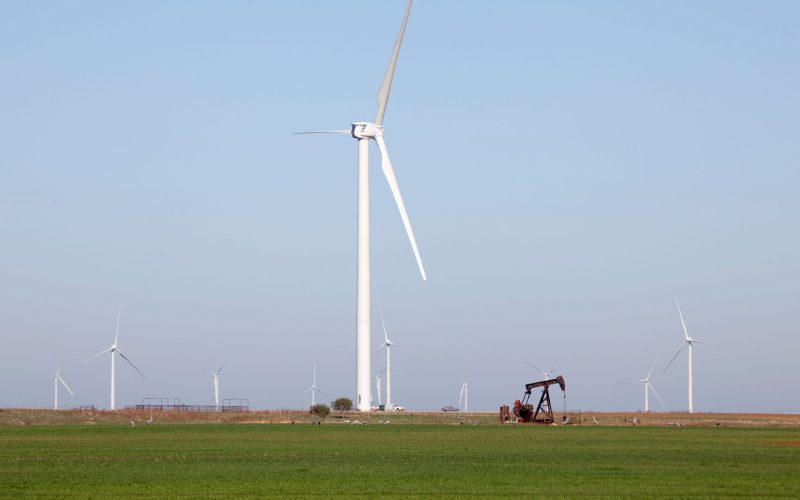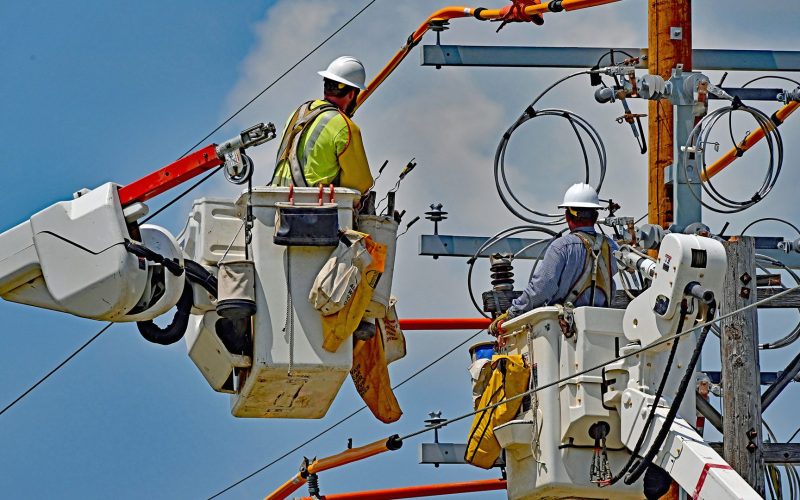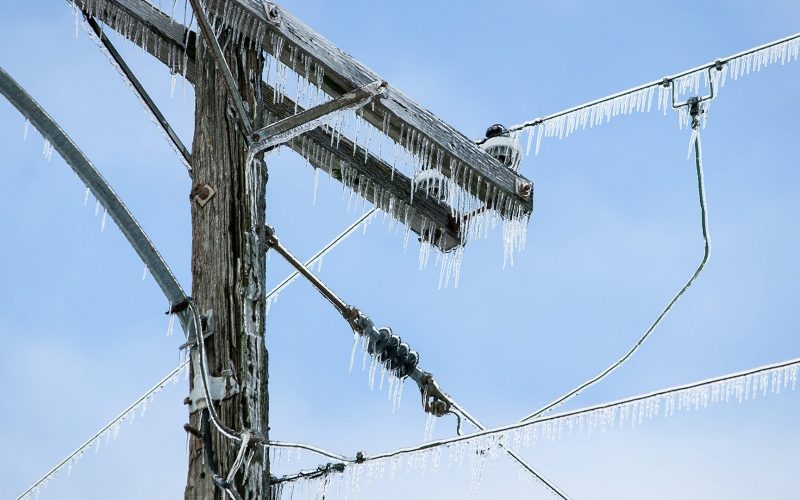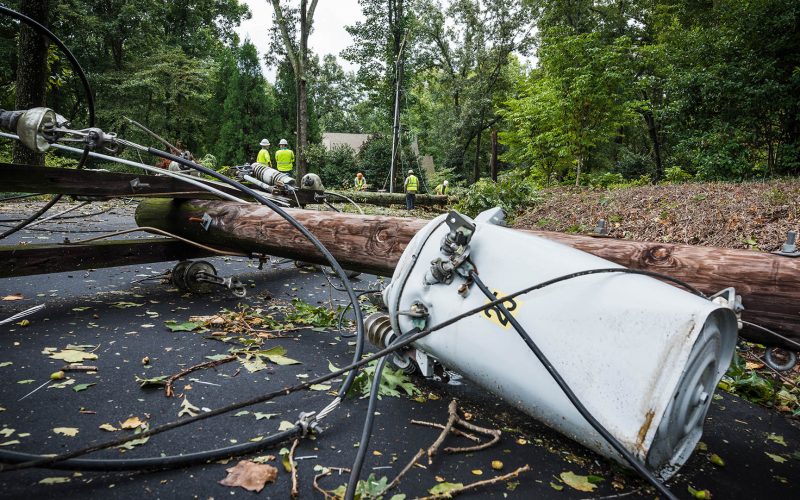THE VOICE FOR THE ENERGY CONSUMER

Earlier this year, activists attempted to get the city of Chicago to ban natural gas, and have been encouraging the creation of extreme building codes in Illinois to achieve these.

With new data from the Department of Energy and the Energy Information Administration showing that natural gas is the leading contributor to reducing the energy burden on families across the.

A recent Consumer Energy Alliance analysis found that Americans would have paid $137.4 billion more for home heating and energy bills this winter if plans to mandate the use of.

CEA President David Holt joined Fox 25 in Oklahoma to talk about how rising energy prices are linked to inflation, and what policies can be enacted to help ease the.

Chris Ventura, CEA Midwest Executive Director spoke with Daily Energy Insider on the necessity to ensure electric transmission infrastructure can be built on time and on budget to increase grid.

CEA President, David Holt, joined Ross Kaminsky to talk about energy sources and grid reliability. Listen here – KOA AM 850
.
• House Bill 201 prohibits restriction of sale of motor vehicles based on power source • Freedom of vehicle choice supports affordable, reliable energy COLUMBUS – Consumer Energy Alliance (CEA),.

For the past three years, the Administration has made policy decisions that have discouraged investment in American energy development while increasing the cost of producing and delivering the energy we.

Decision rejects arguments to arbitrarily extend Rice’s Whale habitat Clears way for Gulf of Mexico lease sale ordered by Congress to move forward HOUSTON – Consumer Energy Alliance (CEA), the.

Families and businesses are at an increasing risk of seeing electricity reliability issues this winter. CEA President David Holt examines some of the reasons why our energy grid is being.